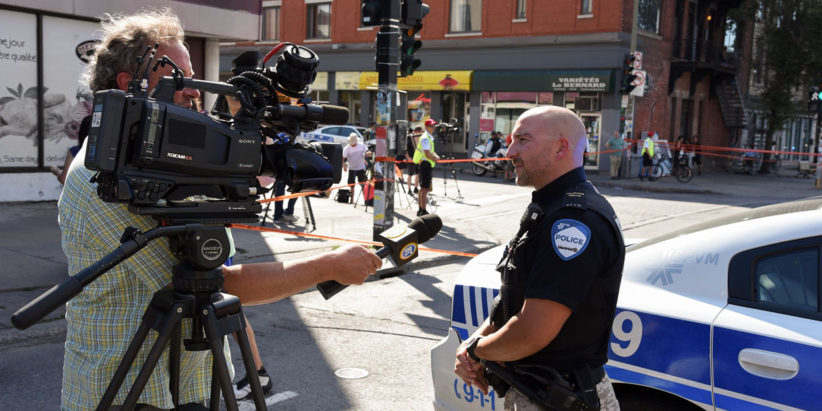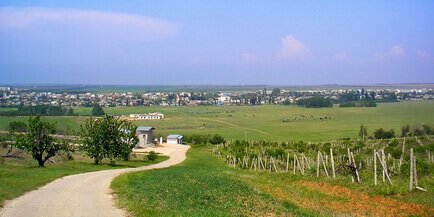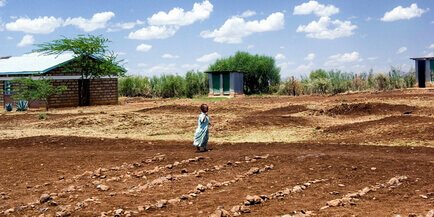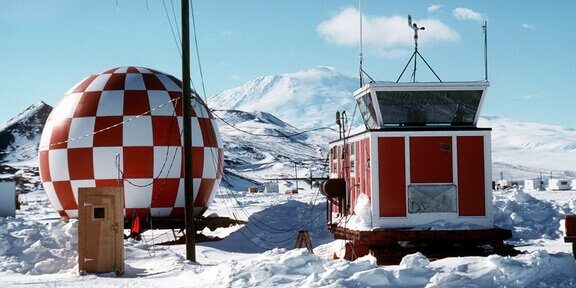It could be a story that is simply of wide interest to viewers and has little impact otherwise. Many times, breaking news is used after the news organization has already reported on the story.
Government proclamations, concerning royal ceremonies, laws, taxes, public health, have been dubbed news since ancient times.
Humans exhibit a nearly universal desire to learn and share news, which they satisfy by talking to each other and sharing information.
Technological and social developments, often driven by government communication and espionage networks, have increased the speed with which news can spread, as well as influenced its content.
The genre of news as we know it today is closely associated with the newspaper.Another corollary of the newness of news is that, as new technology enables new media to disseminate news more quickly, ’slower‘ forms of communication may move away from ’news‘ towards ‚analysis‘.
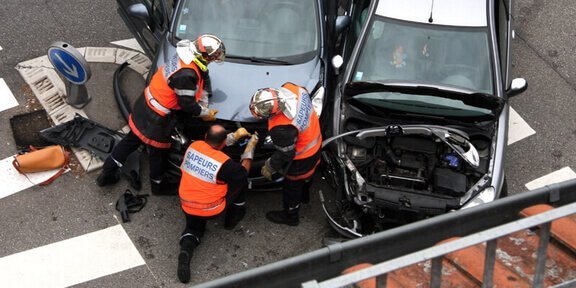
News is simply one input, along with paper or an electronic server necessary to prepare a final product for distribution.

According to some theories, „news“ is whatever the news industry sells Journalism, broadly understood along the same lines, is the act or occupation of collecting and providing news.
From a commercial perspective, news is simply one input, along with paper (or an electronic server) necessary to prepare a final product for distribution. A news agency supplies this resource „wholesale“ and publishers enhance it for retail.
Quantitatively, the internet has massively expanded the sheer volume of news items available to one person. The speed of news flow to individuals has also reached a new plateau. This insurmountable flow of news can daunt people and cause information overload.
We can call this period the „technetronic era“, in which „global reality increasingly absorbs the individual, involves him, and even occasionally overwhelms him.“
Online journalism is news that is reported on the Internet

In cases of government crackdowns or revolutions, the Internet has often become a major communication channel for news propagation; while it’s a (relatively) simple act to shut down a newspaper, radio or television station, mobile devices such as smartphones and netbooks are much harder to detect and confiscate.
The propagation of internet-capable mobile devices has also given rise to the CITIZEN JOURNALIST, who provide an additional perspective on unfolding events.
A professor at the University Graduate School of Journalism, has said that “ everything we thought we once knew about journalism needs to be rethought in the DIGITAL AGE.“ Today the work of journalism can be done from anywhere and done well. It requires no more than a reporter and a laptop.
In that way, journalistic authority seems to have become more individual- and less institution-based.
Online news has also changed the geographic reach of individual news stories, diffusing readership from city-by-city markets to a potentially global audience. Steve Jobs – Apple Worldwide Developers‘ Conference, 1997

Story highlights
- Government proclamations, concerning royal ceremonies, laws, taxes, public health, have been dubbed news since ancient times.
- A media organisation should adapt to meet the challenges and opportunities presented by changing audience behaviour in our module entitled “Newsroom evolution from digital denial to digital first”.
- According to some theories, „news“ is whatever the news industry sells Journalism, broadly understood along the same lines.

News values are the professional norms of journalism.
Because each individual has a particular point of view, it is recognized that there can be no absolute objectivity in news reporting.
Journalists can collectively shift their opinion over what is a controversy up for debate and what is an established fact. Some commentators on news values have argued that journalists‘ training in news values itself represents a systemic bias of the news.
The importance of social media in news production and news dissemination.
Social media is an increasingly disruptive force on the media landscape. It challenges traditional, mainstream media to reconsider how they operate.
Social media often releases information about which mainstream media might not have been aware, and information that mainstream media might have tried to ignore.
It can offer a wider, more diverse perspective on life than that covered by traditional media.
A media organisation should adapt to meet the challenges and opportunities presented by changing audience behaviour in our module entitled “Newsroom evolution from digital denial to digital first”.
Now we look at what a social media strategy could mean for a media organisation. But first, let’s look at how we got to this stage in media’s development.
The media is in a constant state of change, or at least it should be. Technological advances, leading to changing audience behaviour, resulting in altered attitudes to consuming and sharing news, which means that a media organisation can’t afford to stand still.
Innovation is needed, but only if it makes business sense. There have been many stages of media evolution over the years, below we look at three.


